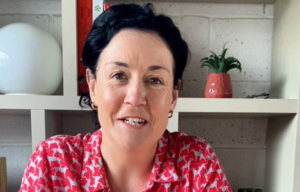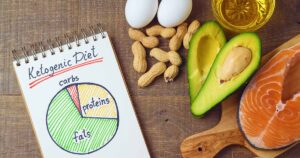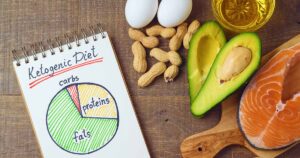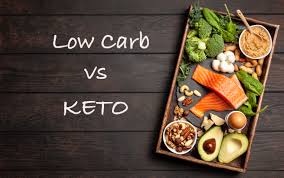Knowledge Base
Articles and guides to help you understand and navigate the Keto and low carb world

Dietitian Does Keto
Dr. Jen Carroll decided to adopt a strict medical ketogenic diet for two weeks. My goal was to experience firsthand the challenges patients face in following this diet and conclude with some top tips for future patients. In this article I focus on adopting a strict medical KD, similar to what I recommend for people with epilepsy, metabolic disorders or migraines. If you are following a low carb or keto diet for weight loss, managing blood sugars or improving overall health and wellbeing, your dietary intake will likely be more flexible, with higher carb and lower fat. However, you may still find the top tips and insights here helpful for your journey!

ESPEN Congress 2024
I was invited to speak at The European Society for Clinical Nutrition and Metabolism (ESPEN) Congress in Milan, Italy on September 7th. My presentation answered: “Why treat Drug-Resistant Epilepsy with a Ketogenic Diet?” While I frequently speak at keto conferences and educational events, this congress felt especially significant. I’ll explain why and share some key points from my presentation! I consider the feasibility of following a ketogenic diet in the pizza and pasta capital of Europe 🙂 and give some top tips to consider when travelling on a ketogenic diet.

Theodore’s Story
When beginning your keto journey, it can be incredibly beneficial to read about and learn from the experiences of others. This can help address your questions and alleviate any concerns you may have like; What motivated them to try a ketogenic diet? What was the preparation process like? How has it affected their child and family? While your dietitian can provide answers, hearing from someone who has firsthand experience is invaluable. In this article, Victoria shares her family’s experiences with the ketogenic diet, and we extend our heartfelt thanks to her for sharing their story.

Your Ketogenic Diet Pathway
A medical ketogenic diet is very low in carbohydrate, high in fat and has a moderate protein intake. Ketogenic diet therapy encompasses five main types of KD: classical KD, MCT KD, modified Atkins diet, modified KD and low glycaemic index treatment. Often referred to as medical ketogenic diets, these diets have been shown to be effective for treating a wide range of clinical conditions. In our keto clinic we offer these diets to treat children and adults with drug resistant epilepsy, migraines and metabolic disorders. In this article we discuss your ketogenic diet pathway and what you can expect.

Medical Ketogenic Diet Therapy
Medical ketogenic diet therapy is notably different from low-carb diets. In this article, I will provide an overview of the conditions treated with medical ketogenic diets and explore the various types of diet, including the classical ketogenic diet, MCT ketogenic diet, modified ketogenic diet, modified Atkins diet, and low glycemic index treatment.

Low Carb and Keto Diets
Both low carb and ketogenic diets require a reduction in carbohydrate intake from our standard typical diet, however the degree of carbohydrate reduction will vary. As people reduce their carbohydrate intake, many describe themselves as following a keto diet, but this is not technically correct, and can in fact be confusing! So let’s not get hung up on labels, instead lets focus on identifying the right level of carbohydrate reduction for you. This article discusses the differences between low carb and keto diets helping you to identify which approach could be right for you.


